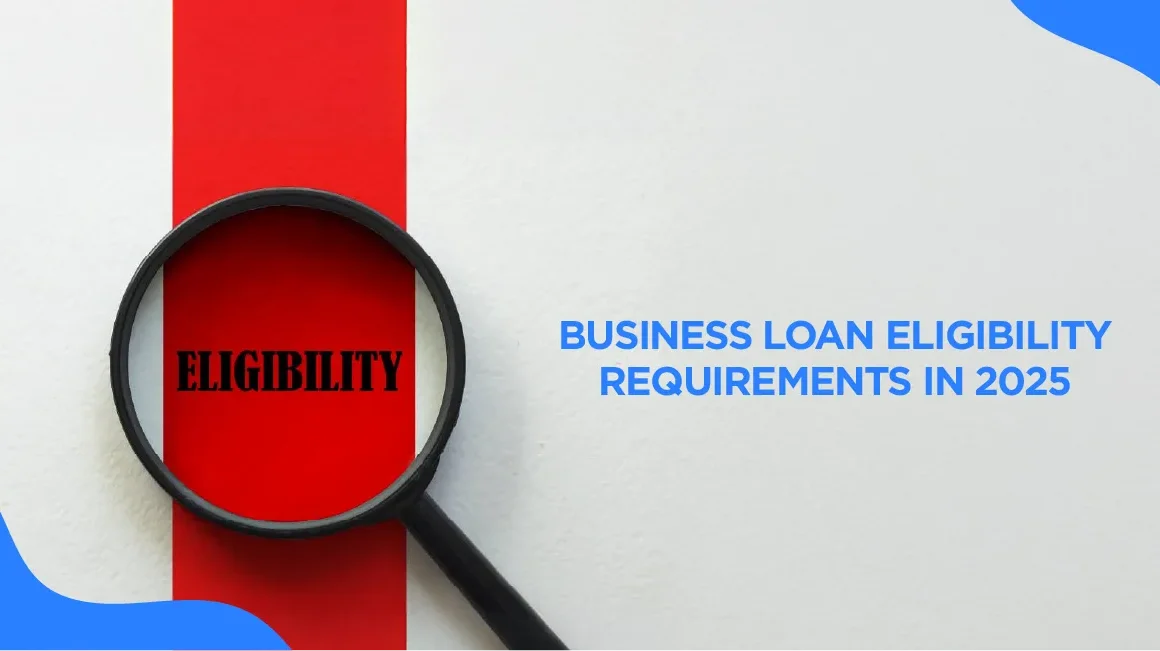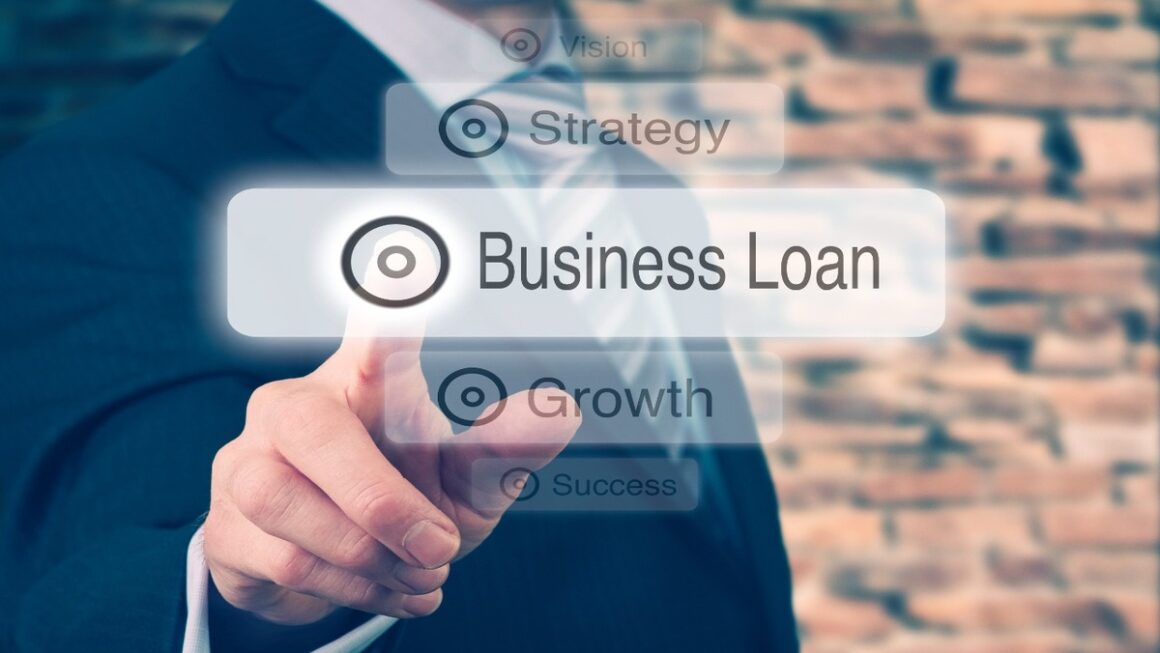Starting or growing a small business often requires extra capital to invest in equipment, inventory, marketing, or working capital. Small business loans offer a practical way to access funds quickly, but with many options available in 2025, selecting the best loan can be overwhelming. The ideal small business loan depends on your unique business needs, financial situation, and growth plans.
In this article, we will explore various types of small business loans available in 2025, the criteria to choose the best option for your business, and expert tips for loan approval. We will also address common questions and provide actionable insights to help you make informed decisions.
Key Takeaway
The best small business loan in 2025 aligns with your unique needs, repayment ability, and growth strategy. Understanding loan types, costs, and lender requirements will empower you to make the right choice. Always compare multiple lenders, read the fine print, and consider both short-term cash flow and long-term financial health before committing.
Why Small Business Loans Are Important in 2025

The economic landscape in 2025 is dynamic. With advances in fintech, increased competition, and evolving business models, accessing the right financing is crucial for staying competitive. Small business loans provide:
- Capital for Growth: Whether opening new locations, hiring staff, or investing in technology, loans provide the cash flow needed to scale.
- Cash Flow Management: Cover operational expenses during lean periods or seasonal fluctuations.
- Equipment Financing: Purchase or upgrade machinery without draining reserves.
- Marketing & Expansion: Fund advertising campaigns or new product launches.
However, the loan must fit your business model, revenue streams, and repayment capacity.
Types of Small Business Loans in 2025
There are many loan options designed to cater to different business needs. Understanding each can help you choose the right one.
1. Term Loans
Term loans are traditional loans where a lump sum is borrowed and repaid over a fixed term with interest. They can be secured or unsecured.
- Best For: Businesses needing a large amount for expansion, equipment purchase, or debt consolidation.
- Pros: Fixed interest rates, predictable payments, longer repayment terms.
- Cons: May require collateral; stricter eligibility criteria.
2. Business Line of Credit
A revolving credit line allows you to borrow money up to a set limit, repay it, and borrow again.
- Best For: Managing cash flow, seasonal expenses, or unexpected costs.
- Pros: Flexible borrowing, pay interest only on what you use.
- Cons: Variable interest rates; potential fees.
3. SBA Loans
Loans backed by the U.S. Small Business Administration offer favorable terms but have a lengthy approval process.
- Best For: Businesses looking for low rates and long terms.
- Pros: Lower interest, longer repayment.
- Cons: Extensive documentation, longer approval.
4. Equipment Financing
Loans specifically to purchase equipment, where the equipment serves as collateral.
- Best For: Manufacturing, construction, or any business reliant on equipment.
- Pros: Preserves working capital, asset-backed.
- Cons: Limited to equipment use.
5. Invoice Financing
Borrow money against unpaid customer invoices to improve cash flow.
- Best For: Businesses with slow-paying clients.
- Pros: Quick access to cash, no collateral needed.
- Cons: Fees and interest can be high.
6. Merchant Cash Advances (MCA)
Lump-sum funding repaid through a percentage of daily credit card sales.
- Best For: Retail businesses with consistent credit card sales.
- Pros: Fast approval, flexible repayment.
- Cons: High cost and fees.
7. Online Business Loans
Fintech companies offer fast, online loan applications with various repayment options.
- Best For: Startups or businesses needing quick access to funds.
- Pros: Quick approval, convenient.
- Cons: Higher interest rates.
8. Microloans
Small loans targeted for startups, women entrepreneurs, or rural businesses.
- Best For: New businesses needing small capital.
- Pros: Less stringent criteria.
- Cons: Small loan amounts.
Factors to Consider When Choosing the Best Small Business Loan
Choosing the right loan depends on multiple factors:
1. Loan Purpose
Identify what you need the loan for — working capital, equipment, expansion, or debt consolidation. Some loans are better suited for specific purposes.
2. Loan Amount
Match the loan amount with your actual needs. Overborrowing can lead to unnecessary debt.
3. Interest Rate & Fees
Compare interest rates (fixed vs variable) and additional fees (origination fees, prepayment penalties).
4. Repayment Terms
Consider the length of the loan and monthly payment amounts. Short terms have higher payments but less interest.
5. Eligibility Criteria
Check credit score requirements, annual revenue minimums, business history, and collateral needs.
6. Speed of Funding
If you need funds urgently, online lenders and merchant cash advances are faster than banks or SBA loans.
7. Flexibility
Does the loan offer prepayment without penalty? Can you borrow again with the same loan?
How to Improve Your Chances of Getting Approved
Getting approved for a small business loan can sometimes feel like a daunting process, especially for new entrepreneurs or businesses with limited credit history. However, lenders want to fund businesses that demonstrate reliability, stability, and the ability to repay their loans on time. By preparing strategically, you can significantly improve your chances of approval and even secure better terms.
Here’s an in-depth look at practical steps you can take to boost your loan approval odds:
1. Maintain a Strong Credit Profile
Your credit score is one of the first factors lenders evaluate. It reflects your history of managing debt and paying bills on time.
- Personal Credit Score: For many small businesses, especially startups, lenders often consider the owner’s personal credit score. Aim for a score of 680 or higher to access better rates and loan options.
- Business Credit Score: If your business has been operating for a while, establish and maintain a good business credit profile by paying vendors and suppliers on time and monitoring your credit reports.
- Fix Errors: Regularly check your credit reports for errors or fraudulent activities and dispute any inaccuracies immediately.
- Reduce Debt: Lower your overall debt levels to improve your debt-to-income ratio, signaling to lenders that you manage your finances responsibly.
2. Prepare Thorough Financial Documentation
Lenders want to see evidence of your business’s financial health and repayment capability.
- Business Tax Returns: Typically, lenders ask for 2-3 years of business tax returns.
- Personal Tax Returns: Especially important for new businesses or sole proprietors.
- Bank Statements: Recent bank statements show your cash flow and liquidity.
- Profit and Loss Statements: Demonstrate your business’s profitability over time.
- Balance Sheets: Show assets, liabilities, and equity.
Providing clear, organized, and complete documentation speeds up the review process and builds trust.
3. Develop a Solid Business Plan
A well-crafted business plan outlines how you intend to use the loan proceeds and your strategy for success.
- Loan Purpose: Clearly explain why you need the loan (e.g., inventory purchase, expansion, working capital).
- Revenue Projections: Use realistic, data-backed forecasts.
- Marketing & Sales Strategy: Demonstrate how you plan to grow your revenue.
- Repayment Plan: Show how you will repay the loan based on cash flow.
A strong business plan reassures lenders that you have a roadmap and the capability to repay.
4. Build a Relationship with Your Lender
Establishing rapport and trust with your lender can be advantageous.
- Use a Local Bank or Credit Union: Community lenders often prefer working with clients they know.
- Open Business Accounts: Maintain your business checking and savings accounts with the lender.
- Regular Communication: Keep lenders informed about your business developments and financial status.
- Ask Questions: Demonstrate your seriousness and financial literacy by engaging with loan officers.
A good relationship can sometimes smooth the approval process or lead to better loan terms.
5. Choose the Right Loan Type for Your Business
Applying for a loan that fits your business model and financial situation improves approval chances.
- For new businesses or those with weaker credit, consider microloans or online lenders with more flexible criteria.
- Established businesses with strong credit might opt for term loans or SBA loans.
- For short-term or flexible needs, a business line of credit might be more suitable.
Applying for the wrong loan type wastes time and may harm your credit score if denied.
6. Demonstrate Consistent Revenue and Cash Flow
Lenders want assurance you have sufficient income to repay the loan.
- Show steady or growing sales figures: Fluctuating or declining revenue can be a red flag.
- Provide cash flow statements: Highlight your ability to cover expenses and debt payments.
- Explain seasonal fluctuations: If your business is seasonal, explain how you manage cash flow during low periods.
7. Minimize Existing Debt
High existing debt can reduce your borrowing capacity.
- Pay down credit cards and other loans where possible before applying.
- Avoid applying for multiple loans simultaneously to prevent multiple hard credit inquiries.
- Keep your debt-to-income ratio within acceptable limits (usually below 40%).
8. Offer Collateral if Possible
Even if you seek an unsecured loan, offering collateral increases your chances and can reduce your interest rate.
- Assets such as real estate, equipment, inventory, or accounts receivable can serve as collateral.
- Collateral provides the lender with security and shows your commitment.
9. Have a Strong Personal Guarantee
Many small business loans require a personal guarantee, meaning you promise to repay the loan personally if your business cannot.
- Be prepared to sign a personal guarantee.
- Understand the risks and ensure you can meet personal repayment obligations if needed.
10. Showcase Industry Experience and Management Expertise
Lenders often look beyond numbers and evaluate the capability of the business owner.
- Highlight your experience and skills in your industry.
- Include resumes of key management team members.
- Demonstrate that your leadership can navigate challenges and grow the business.
11. Be Transparent and Honest
Always provide accurate and truthful information.
- Misrepresenting facts can lead to loan denial or legal issues.
- Lenders appreciate transparency about risks or challenges and your plans to mitigate them.
12. Seek Professional Assistance
Consider consulting with:
- Financial advisors or accountants: To prepare financials.
- Loan brokers: Who can help identify the best lenders and loan products.
- SCORE mentors or Small Business Development Centers: To improve your loan readiness.
Top Lenders to Consider in 2025

- Traditional Banks: Chase, Wells Fargo, Bank of America.
- Fintech Platforms: Kabbage, OnDeck, Fundbox.
- Credit Unions: Local options with favorable rates.
- SBA-Approved Lenders: For guaranteed loans with lower interest.
Also Read :-Can You Qualify For A Business Loan Without Collateral?
Conclusion
There is no one-size-fits-all answer to the best small business loan in 2025. Your ideal loan depends on your specific financial situation, loan purpose, business stage, and how quickly you need the funds. Traditional term loans offer stability and predictability, while fintech loans provide speed and flexibility. SBA loans are excellent for favorable terms but require patience. By evaluating your options carefully and preparing your application thoroughly, you can secure financing that supports your business goals.
FAQs
1. What credit score do I need to qualify for a small business loan?
Most lenders prefer a score of 680 or higher, but some online lenders may accept lower scores.
2. Can startups get small business loans?
Yes, though it’s more challenging. Microloans, online lenders, and SBA loans are common options.
3. What is the typical loan amount for small businesses?
Amounts can range from $5,000 to $5 million depending on the lender and business needs.
4. How fast can I get approved for a loan?
Online lenders can approve loans within 24-48 hours; banks and SBA loans take weeks.
5. Are unsecured loans available for small businesses?
Yes, many lenders offer unsecured loans but with higher interest rates.
6. Can I use a business loan for any purpose?
Generally yes, but some loans like equipment financing are restricted.
7. What happens if I miss a loan payment?
Late payments can incur fees, damage your credit, and may lead to loan default.



